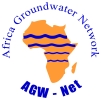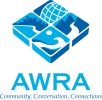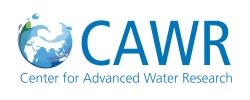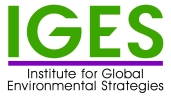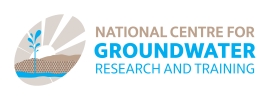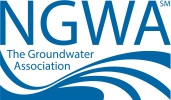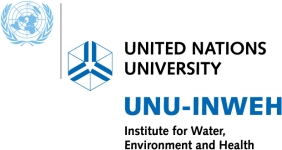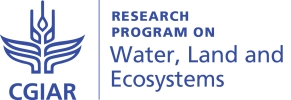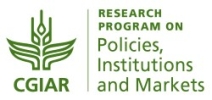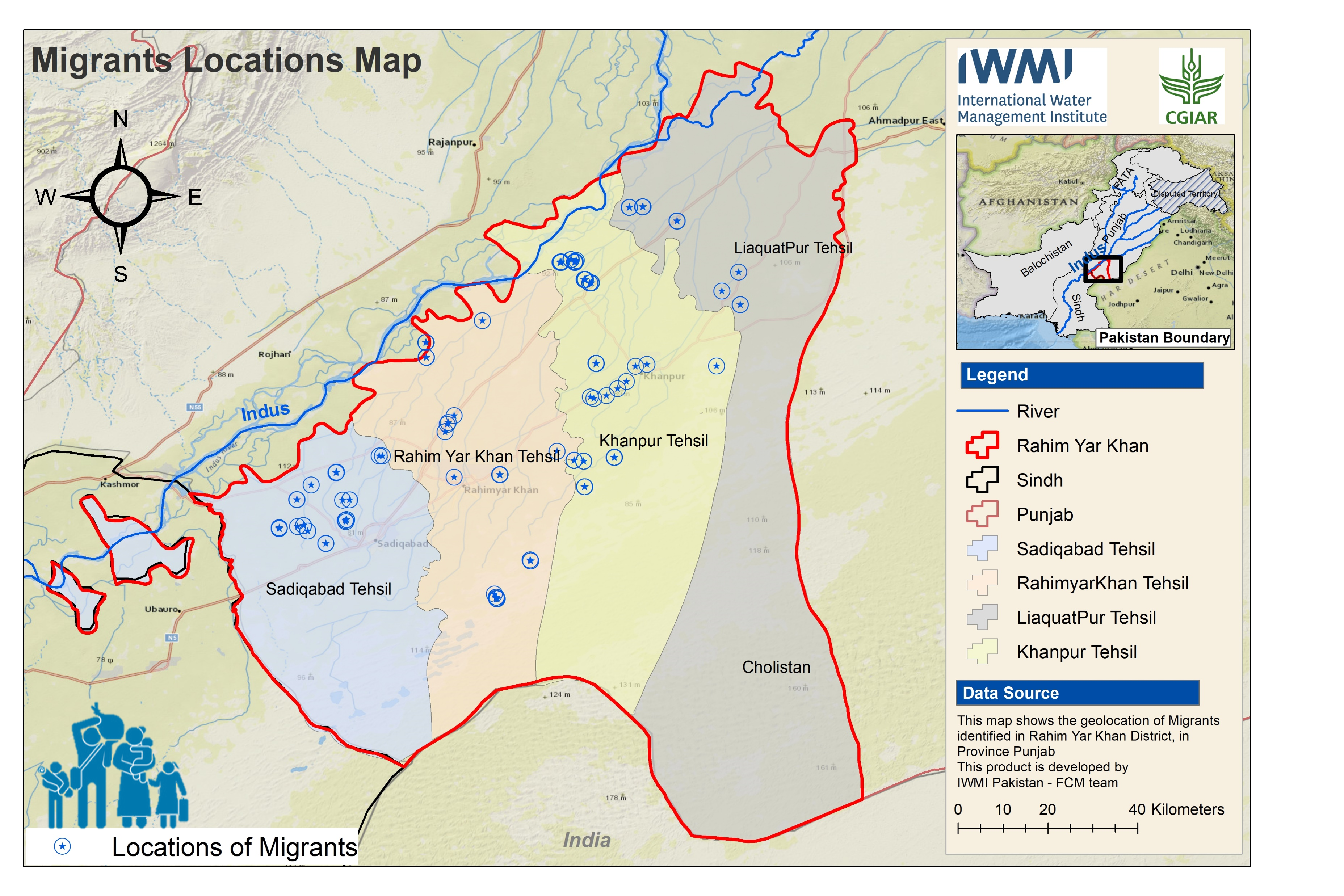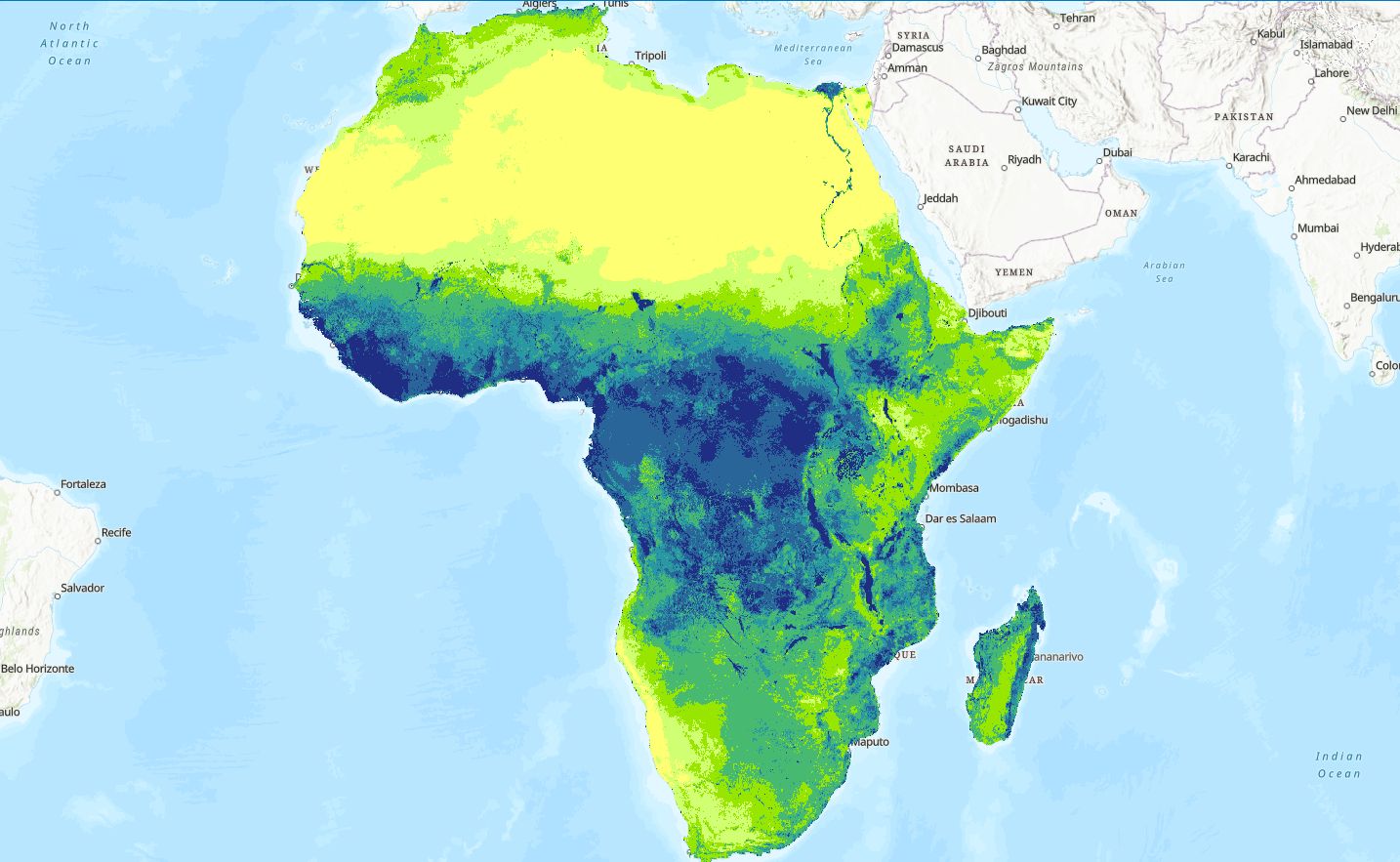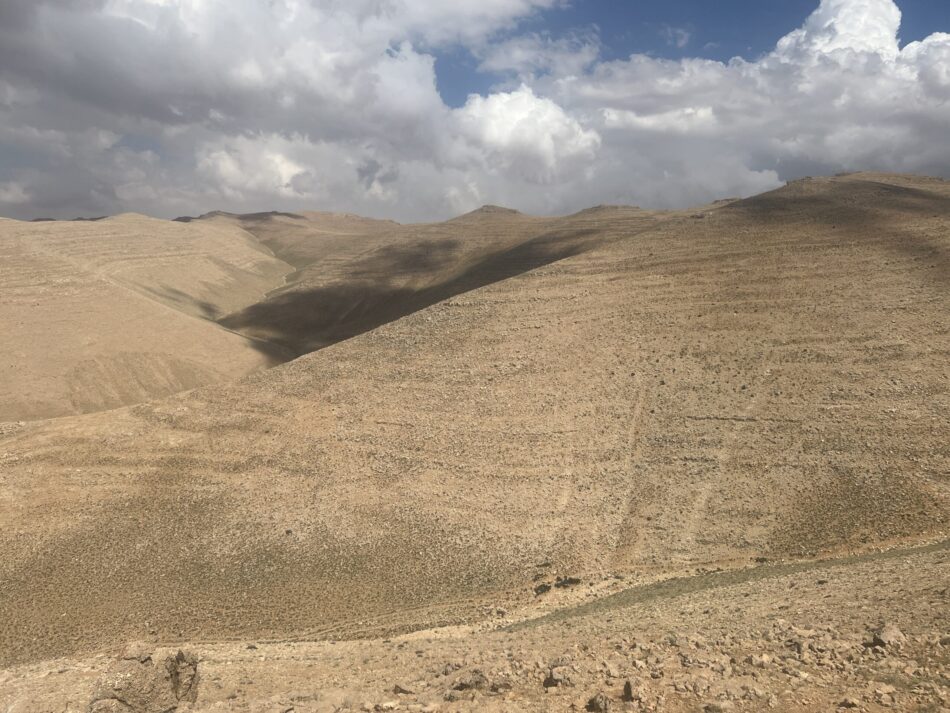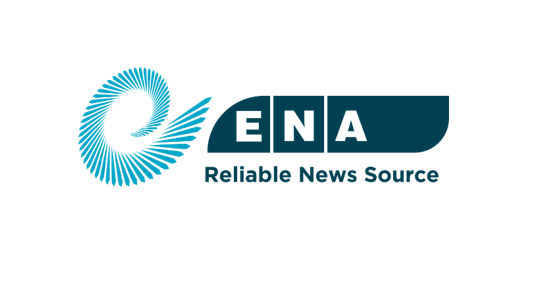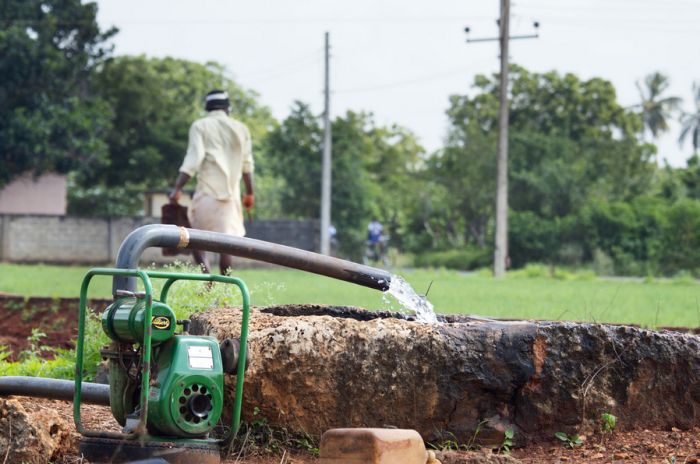
We are turning a blind eye to groundwater (photo: Hamish John Appleby/IWMI)
How this generation uses and protects groundwater will be a decisive factor in ensuring the resilience of billions of people and our children. Water and food security cannot be achieved without groundwater, especially since it is a source of drinking water for every third person and a source of water for almost half of the world’s irrigated agricultural production. Groundwater is at the core of the United Nations (UN) Sustainable Development Goals (SDGs).
According to Claudia Sadoff, Director General, International Water Management Institute (IWMI), “Groundwater is often out of sight, so we take it for granted, or misuse it in ways that impact the most vulnerable people and ecosystems.” Sadoff continues, “IWMI is joining global experts, because if we allow groundwater to be further degraded or depleted, it threatens our ability to respond to increasing droughts and floods. We’re also closing in on real threats to food security and drinking water supplies as a result of overexploitation and mismanagement of groundwater. The impacts could be global.”
The call to action on Global Groundwater Sustainability, highlighted in Nature, comes as the world’s focus is on the UN Climate Change Conference (COP 25) in Madrid, Spain, and the beginning of the UN ‘decade of action’ to achieve the 2030 Agenda for Sustainable Development. Recent evidence points to the potential of water, and in particular groundwater, as a major solution for helping the world – especially the Global South – adapt to droughts and climate extremes. At present, over 900 scientists, practitioners and experts from over 85 countries around the world have signed the call to action on Global Groundwater Sustainability. The statement highlights the risks for 1.7 billion people who live above groundwater reserves that are stressed by overuse.
The statement calls for three action items:
(1) Put the spotlight on global groundwater sustainability by completing a UN World Water Development Report, planning a global groundwater summit and recognizing the global importance of groundwater in the UN’s Sustainable Development Goals by 2022. Groundwater will be the theme for UN World Water Day 2022.
(2) Manage and govern groundwater sustainably from local to global scales by applying a guiding principle of groundwater sustainability by 2030.
(3) Invest in groundwater governance and management by implementing groundwater sustainability plans for stressed aquifers by 2030. This means investing in nature-based solutions, supporting and taking advantage of groundwater, capacity building, awareness raising, and developing better groundwater monitoring, reporting and management systems.
‘Day Zero’ is seen from the perspective of dams. Cape Town (South Africa) evaded a major crisis due to remaining groundwater reserves and other unconventional water sources – besides serious water savings. Cities and communities that are able to effectively manage and sustain their groundwater resources will not face Day Zero.
Individuals from the Groundwater Solutions Initiative for Policy and Practice (GRIPP) strongly endorse the statement, and GRIPP aims to work towards supporting its action items going forward. A road is paved and we need to maintain momentum, attracting the necessary political support and financing to help implement the action items. Feel free to join the call and support the cause, which remains open into the next couple of years.
See the full IWMI press release here.
See op-ed in Thomson Reuters here.
See the statement, list of current signatories and the call to action here.
To sign up for GRIPP news and updates, click here.
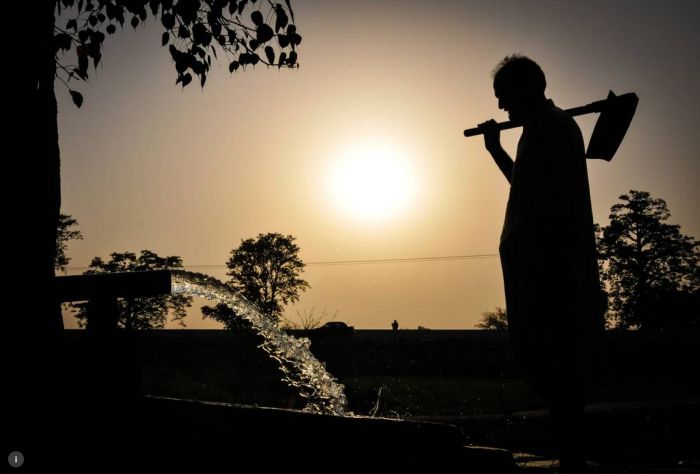
The night closes in on groundwater (photo: Faseeh Shams / IWMI)







